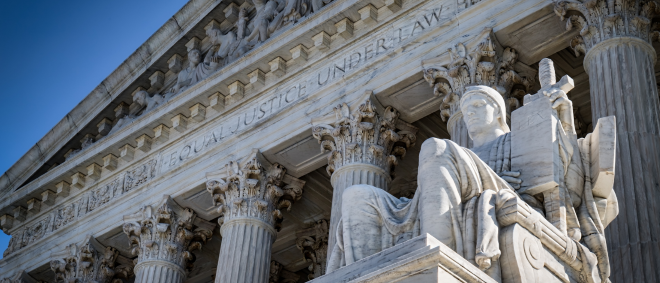At the end of June, the U.S. Supreme Court’s decision in Students for Fair Admissions, Inc. v. President & Fellows Of Harvard College, Nos. 20-1199 & 21-707, 2023 WL 4239254 (U.S. June 29, 2023), outlawed race-based affirmative action in higher education. Splitting along ideological lines, the Court’s conservative supermajority ruled, 6-3, the college admissions programs of Harvard and the University of North Carolina violated the Equal Protection Clause of the Fourteenth Amendment. The monumental decision, which dispensed with 45 years of precedent allowing race-conscious admission policies to achieve a diverse student body, has upended the world of higher education.Continue Reading What Does Affirmative Action’s Death Knell Mean for Employers?


